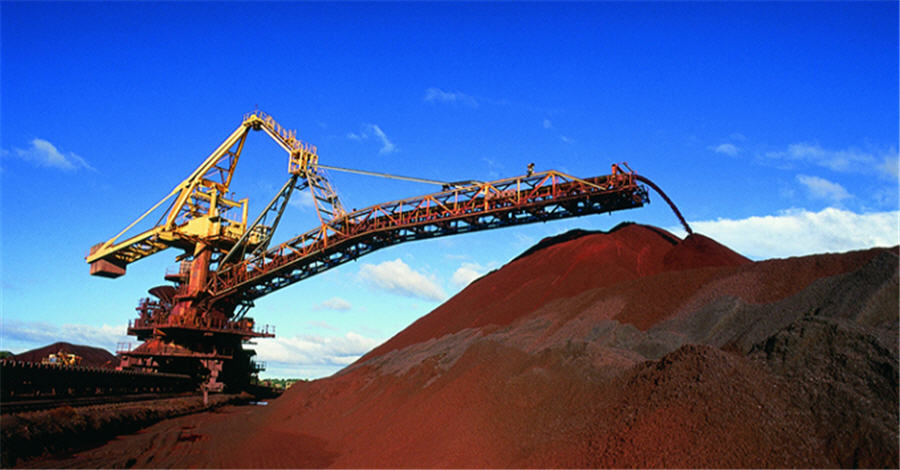Reuters | March 16, 2023 |

Image courtesy of Vale SA
Brazilian miner Vale produced iron ore pellets on an industrial scale for the first time without adding coal, company executives told Reuters on Wednesday, in a major step toward reducing the company’s carbon footprint.

In pellet production, coal is usually mixed with iron ore before being heated in plant furnaces. In Vale’s pilot project, conducted in February in Minas Gerais state, the so-called biocarbon obtained from biomass replaced traditional coal, an especially dirty fossil fuel.
Industrial heavyweights like Vale face growing pressure to lower harmful emissions that contribute to global warming, from governments, activists as well as investors.
During Vale’s pilot, 15,000 tonnes of coal-free pellets were made with 100% biocarbon from certified supplies, according to the company. Biocarbon is a renewable energy source obtained through biomass carbonization, which results in much lower emissions.
Pellets are typically made by crushing and grinding low-grade iron ore and used as a key ingredient to make steel.
Pellet production is the most carbon-intensive process contributing to Vale’s direct emissions, with anthracite coal accounting for about half of its greenhouse gas emissions from making pellets, said Rodrigo Araujo, the miner’s head of decarbonization projects.
Overall, making pellets accounts for 30% of the firm’s direct emissions.
Vale will carry out further tests this year, aiming to permanently replace all coal used in its pellet plants by 2030.
“It was very important to confirm what we saw in the laboratory, which had no impact on the quality of the pellet, the first barrier we wanted to overcome, and also the entire test in relation to logistics, process, storage, material management and related risks,” said Araujo.
The project is part of Vale’s strategy to fulfill its commitment to net zero carbon emissions in direct and indirect emissions by 2050.
(By Marta Nogueira and Peter Frontini; Editing by David Alire Garcia)
No comments:
Post a Comment